Adding Asparagopsis taxiformis to stored cow manure significantly reduced methane production
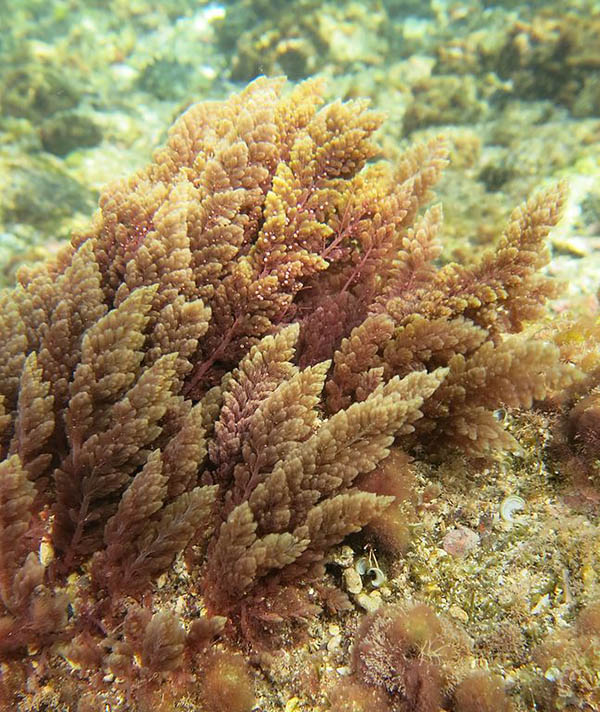
Researchers in Sweden have found that adding the tropical alga Asparagopsis taxiformis (AT), also known as red sea plume, to cow feces can reduce greenhouse gas emissions (GHG) from the manure of dairy cows by almost 50 percent.
AT is a red algae species, with cosmopolitan distribution in tropical to warm waters. Its main compound is bromoform, which mitigates methane by blocking the process through which the gas is generated. To date, it’s the most promising natural methane inhibitor.
“We showed that adding AT to the feces of dairy cows significantly reduced methane production from the feces by 44 percent compared to feces without AT,” said Dr. Mohammad Ramin, an animal science researcher at the Swedish University of Agricultural Sciences. “It also turned out that methane production from feces of cows that had been supplemented with AT in their diet was not lower than from the feces of cows that had not been fed the alga.”
Approximately one-third of all anthropogenic methane is emitted by ruminant livestock. These animals get nutrients through fermenting food in four-chambered stomachs found in cows, sheep and goats. They produce methane through belching and from the decomposition of their manure under certain conditions.
“There have been many studies using AT in dairy cows’ diets to reduce enteric methane production,” said Ramin. “However, no studies have reported on the decrease of methane emissions from manure.”
Adding Asparagopsis to cows’ feed, however, is not entirely without side effects since it contains high levels of iodine. Research has shown that if cow feed is supplemented with AT, iodine levels in milk, which is also consumed by humans, increase. Iodine is an essential nutrient but can be toxic in high concentrations. Heightened iodine levels can cause health issues such as thyroid problems. Researchers are currently working on growing Asparagopsis containing less iodine in labs.
However, Asparagopsis can also be used to reduce methane emissions from manure, not only from cows’ enteric fermentation. This is the approach taken by the researchers.
The contribution of manure to greenhouse gas emissions depends on several factors, including storage conditions. Manure in the cool-temperate European climate is estimated to be responsible for approximately 12 percent of total methane emissions from the dairy system.
“Manure methane production does contribute to global greenhouse gas emission and needs to be reduced,” Ramin said. “Our study showed a potential way how methane inhibitors could be utilized to do that.”
Despite their promising results, the researchers pointed out that they did a pilot study in which they used feces from just four cows. They recommended that future studies should increase the number of cows from which manure is collected. Further, more studies are necessary to investigate the interactions between the halogenated compounds of the alga and the fecal microbiome, the researcher said.
Follow the Advocate on Twitter @GSA_Advocate
Now that you've reached the end of the article ...
… please consider supporting GSA’s mission to advance responsible seafood practices through education, advocacy and third-party assurances. The Advocate aims to document the evolution of responsible seafood practices and share the expansive knowledge of our vast network of contributors.
By becoming a Global Seafood Alliance member, you’re ensuring that all of the pre-competitive work we do through member benefits, resources and events can continue. Individual membership costs just $50 a year.
Not a GSA member? Join us.
Author
Tagged With
Related Posts
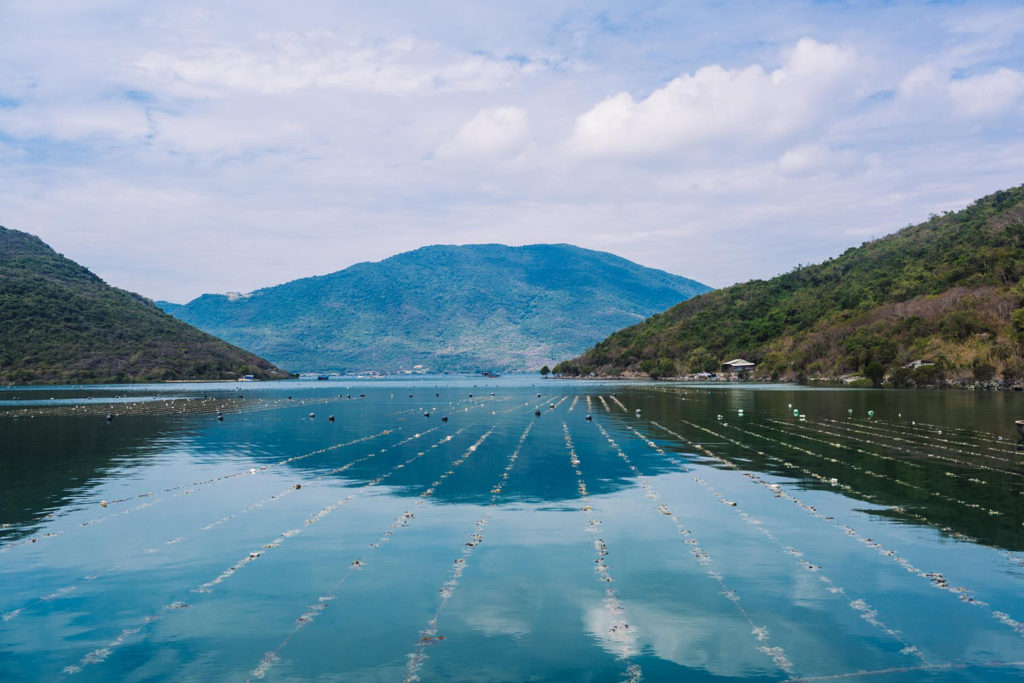
Responsibility
Beefing up seaweed production to green up beef
Josh Goldman is on a mission to reproduce asparagopsis, a tropical seaweed that could have a significant impact on global greenhouse gas emissions.
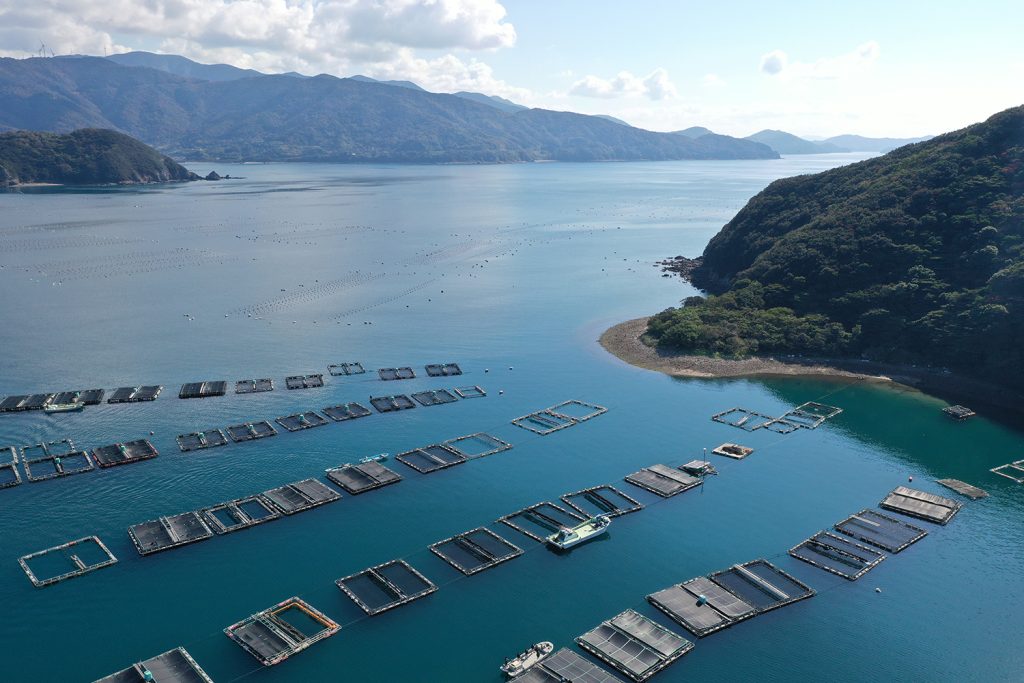
Responsibility
Can carbon mitigation strategies for aquafeeds help cut aquaculture’s greenhouse gas emissions?
With global aquaculture expanding, the industry is adopting carbon mitigation strategies for aquafeeds to reduce greenhouse gas emissions.
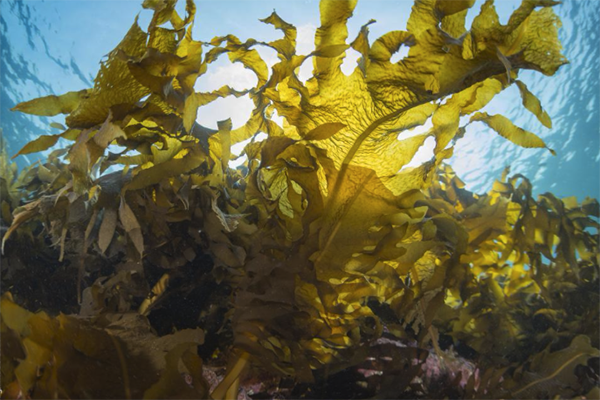
Responsibility
European Commission launches platform to promote algae production
The European Commission is launching EU4Algae – a European algae stakeholder platform – to expedite the algae industry's development.
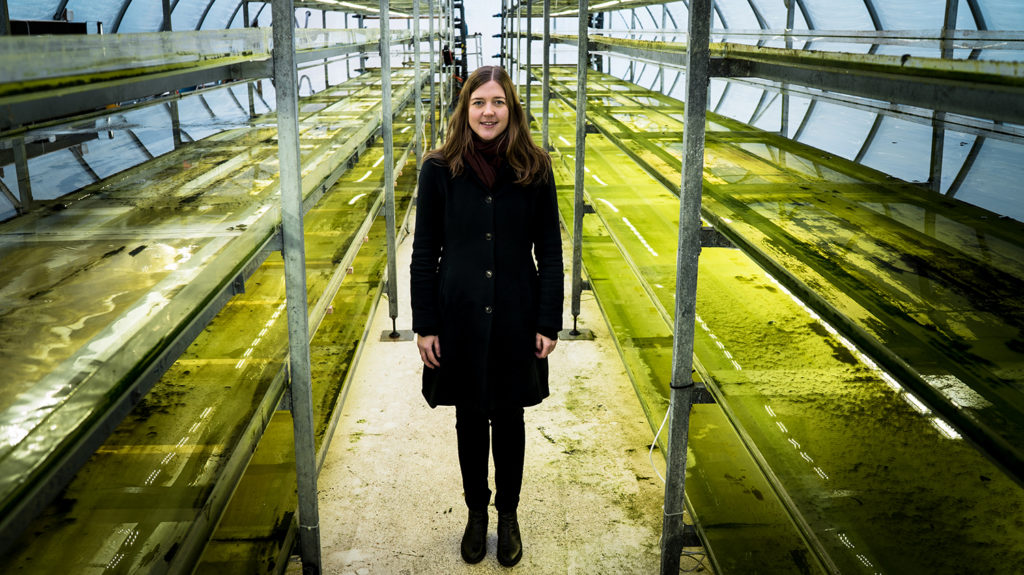
Aquafeeds
Swedish innovators create multiple revenue streams from effluent
Algica, an algae-based product created from nutrients exiting recirculating aquaculture systems, has the company poised to upscale production.



